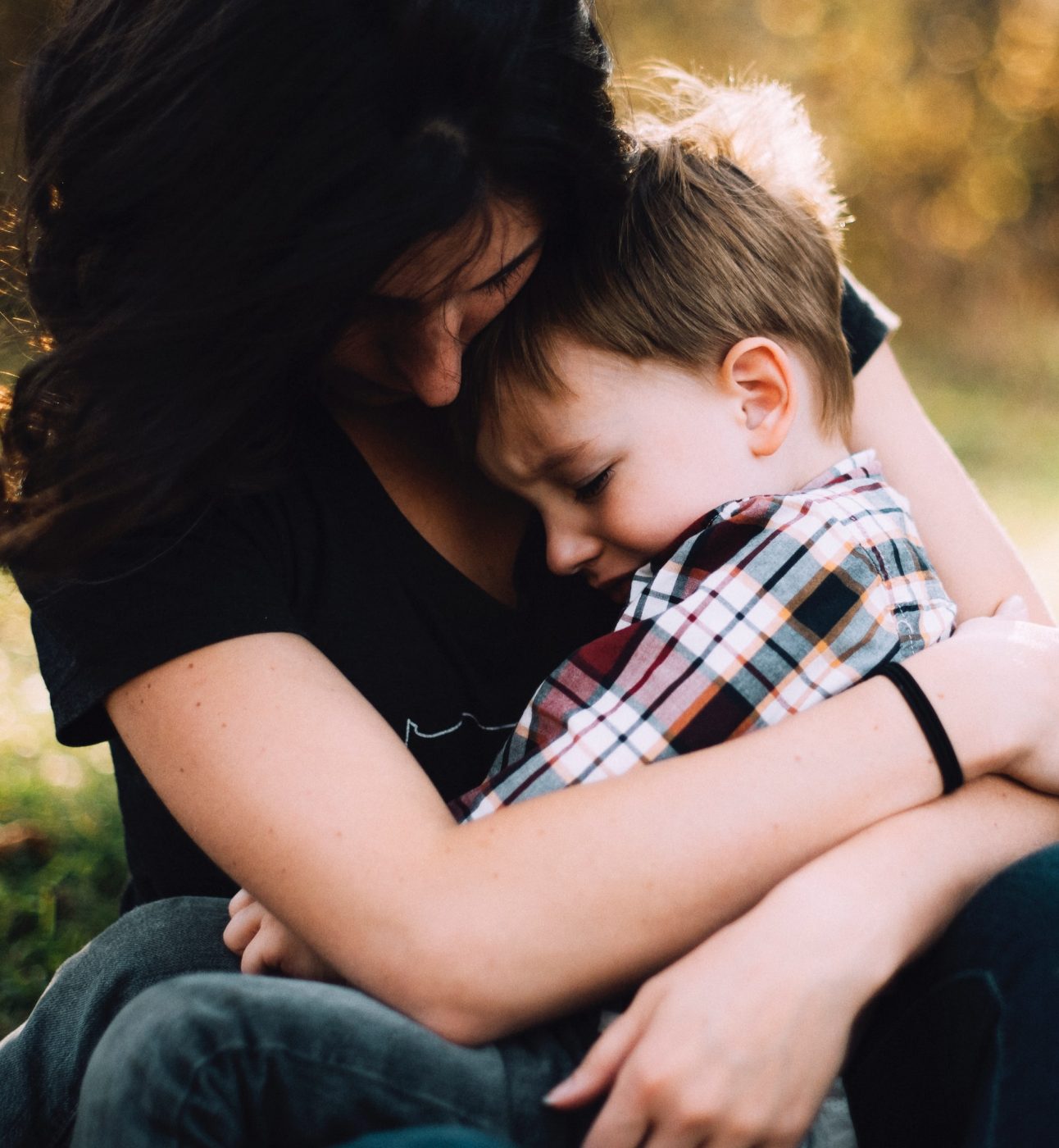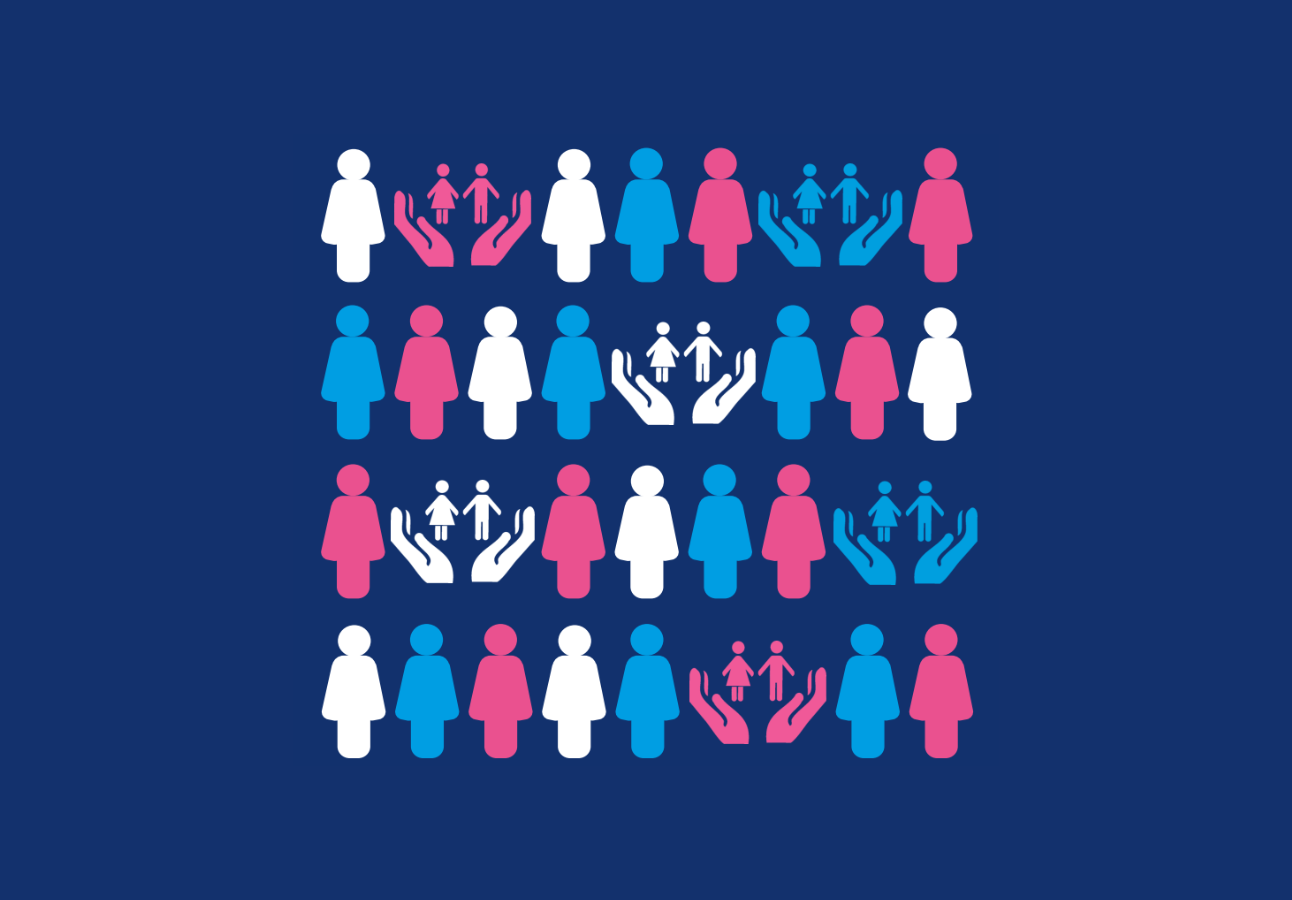
Value of student social workers on placement in domestic abuse services
Kathleen Collier, Head of Learning and Employee Development for Black Country Women’s Aid and co-founder of SelfCare Psychology, looks at the benefit of student social workers completing placement in domestic abuse services – what they learn, what they are unprepared for, what gaps in knowledge are highlighted and equally, what it teaches domestic abuse workers about social work
I am in the unique and privileged position of having experienced social work placements in a domestic abuse service setting from many angles: as a student social worker myself; as supervisor; and now as someone who co-ordinates placements. Essentially, I came to the sector as a social work student, qualified and then never left! So what is the value of these placements, and how do they improve and enrich the practice of all involved?
Firstly, and I think crucially, they let social work students comprehend the emotions and trauma inherent in domestic abuse. In social work practice, domestic abuse will be a key issue for many of the families you work with. However, supporting a victim directly with their experience will rarely be the focus of your work. You can learn from lectures and books about the dynamics of controlling relationships, about MARACs, about IDVAs and about protective orders. What you can’t learn is how hard it is to leave someone you still love because they hurt you.
You can’t learn how hard it is to let go of what you want the relationship to be, and accept it for what it has become, when you don’t understand why. How hard it is to accept that your children are being harmed by the person you chose to share your life with. For future social workers to truly appreciate this through witnessing it first-hand is invaluable. It allows them to go forward with an understanding they wouldn’t otherwise have, of how hard change can be for victims, change they may well be the one asking them to initiate.
Secondly, experiences on placement in this environment will challenge ‘common sense’ interpretations of victims’ behaviour that can lead to damaging assumptions by professionals. The things victims do don’t always make sense without being viewed through a lens of trauma and control. Misunderstanding victim behaviour can have serious consequences when Children’s Services are involved.
Take the victim who stays in text contact with a perpetrator she has left. The ‘common sense’ interpretation: she wants him back. With the understanding a placement gives you: maybe she’s scared to cut him off, because the silence means she doesn’t know what’s happening, she can’t gauge his mood, and she can’t calm him down. Essentially, she’s not able to manage the risk from him the best way she has known how, and needs support to find a new way and feel safe. These nuances of understanding make all the difference, and can make or break the relationship between social worker and victim.
But the learning isn’t all one way. Domestic abuse workers learn a lot too from these placements. The stereotypical negative perception of social workers can mean victims misplace blame onto them, and project their feelings of anger, frustration and hurt. Having insight from a student social worker on the processes they have to follow and the way they think, allows domestic abuse practitioners to challenge victims’ perceptions so that they can engage more effectively.
Domestic abuse workers can be uniquely placed to do this, as they are there with the sole intention of supporting the victim, and so potentially have the relationship and rapport to enable meaningful discussion. It allows them to support the work social workers are doing, and work better together to support change. Changing the conversation with victims from how unfair it is that they’re being told how to live their life, to what they can do to ensure their children’s welfare because they can understand the concerns, can be invaluable.
Social work placements in domestic abuse settings benefit everyone, from the professionals to the clients. Understanding the victims’ perspective means social workers can practice effectively with sensitivity to the needs and experiences of victims. Understanding each other’s ways of working as social workers and domestic abuse workers allows us to support each other in our roles. All this can only lead to better outcomes for everyone.
You may also be interested in


Whole Picture Children’s Social Care: cultural change evaluation

